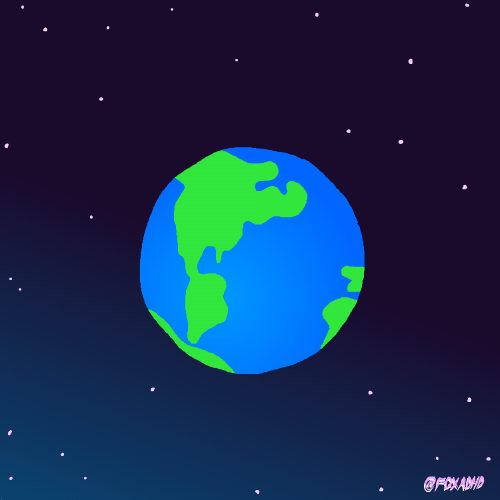Main image via Twitter + India Times
As people are staying home to stop the spread of COVID-19, nature is slowly healing itself with various reports of animal sightings and air quality improving around the world.
Now, here’s another bit of good news about Mother Nature!
According to recent reports, the largest hole that has ever been observed in the ozone layer has closed!
via GIPHY
The Copernicus’ Atmospheric Monitoring Service recently shared that the “unprecedented 2020 northern hemisphere #OzoneHole has come to an end. The #PolarVortex split, allowing #ozone-rich air into the Artic.”
In simpler terms, the rare hole in the ozone layer, that spread over 1 million square kilometers over the Artic, has now been closed.

In late March, scientists spotted signs that a rare hole was forming and it was thought to be the result of low temperatures at the north pole.
As the ozone layer’s main purpose is to shield the Earth from most of the Sun’s ultraviolet radiation, the “record-breaking” hole would have posed a direct threat to humans if the hole had moved further south to populated areas.
But thankfully, as announced by Copernicus – the EU’s earth monitoring programme, the hole has now been officially closed.
Now if you’re wondering if the COVID-19 lockdown that’s in place for most of the world, is the cause of the ozone layer repairing itself, reports state that this is not the reason.
“It’s down to the polar vortex, the high-altitude currents that normally bring cold air to the polar regions,” Euronews reported. “This has split in two giving the Artic region a relative heatwave, with temperatures up to 20°C higher than is normal for this time of year.”
The polar vortex has broken up and weakened in recent days, causing the normalcy to return in the ozone layer in the polar region.
According to Copernicus ECMWF (European Centre for Medium-Range Weather Forecasts), the polar vortex has been predicted to form again but without affecting the ozone layer as much.
“It is very unusual for such a strong ozone depletion to occur in the northern hemisphere,” said Copernicus scientist Antje Inness. “But this year’s polar vortex was exceptionally strong and persistent, and temperatures were low enough to allow stratospheric clouds to form for several months.”
“Such holes in the ozone layer are commonly formed above the Antarctic at the South Pole, especially during the austral spring (July to September), since the stratosphere is naturally much colder around the time,” India Times reported.
“The ozone layer hole over the Arctic at this time was caused by the strong and consistent polar vortex and the resulting concentration of more ozone-depleting chemicals than usual,” the report read. “Whether this is at all linked to climate change on Earth is still up for debate.”
 Image via India Times
Image via India Times
This is definitely good news for the planet! Yay to Mother Nature for healing herself!
While the hole in the ozone layer’s closing has nothing to do with the COVID-19 lockdown, its still important for you to stay home and stay safe so that we can stop the spread of the virus and give nature a little chance to breathe.
Stay updated with the latest COVID-19 news here: https://en.syok.my/covid-19
Info via Euronews + India Times